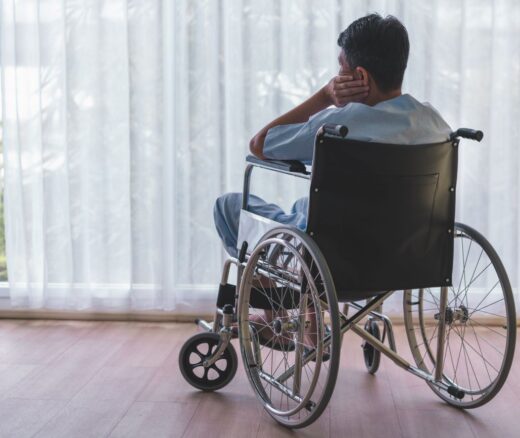
University of Pennsylvania Teams Up with CenterWell to Help Advance Primary Care Excellence and Access for Seniors
New Program Launches Research Initiatives Focused on Improving Primary Care for Older Adults
Improving Care for Older Adults
Blog Post
The number of nursing home beds in the U.S. fell by almost 25% from 2011 to 2019 relative to the number of older adults, a new study by LDI Associate Fellow Katherine Miller and Senior Fellows Paula Chatterjee and Rachel M. Werner found. What’s more, using data from LTCFocus and the American Community Survey, they found that in the few counties where the number of beds increased, this growth was driven by an expansion in the number of low-quality beds.
This decrease is concerning because nursing homes play a crucial role in helping individuals recover from surgery, injury, and illness; and in providing long-term care. One possible explanation is that older adults, who largely prefer to receive care at home, have been more able to do so. This may be particularly true as availability of home- and community-based services has grown. However, supply of these services still lags behind demand.
This trend of declining nursing home beds appears to have worsened since the start of the pandemic, and a lack of access to nursing home care may put older adults at greater risk for adverse outcomes like rehospitalization. Recommendations to support access include increasing nursing home payment rates, particularly from Medicaid, and eliminating barriers to opening new nursing homes, such as certificate-of-need laws, which require that facilities get government permission to expand. In addition, implementing incentives that better align payment with quality of care would encourage increased access to high-quality nursing home beds. By monitoring the number of high-quality beds and creating policies to ensure wider access, stakeholders can work toward better outcomes for this vulnerable population.
The study, “Trends in Supply of Nursing Home Beds, 2011-2019,” was published on March 1, 2023, in JAMA Network Open. Authors include Katherine Miller, Paula Chatterjee, and Rachel M. Werner.


New Program Launches Research Initiatives Focused on Improving Primary Care for Older Adults

Home Care May be Hardest Hit, LDI’s Rachel M. Werner Tells Marketplace’s Make Me Smart Podcast

If Federal Support Falls, States May Slash Home- and Community-Based Services — Pushing Vulnerable Americans Into Nursing Homes They Don’t Want or Need

Men are Stepping Up at Home, but Caregiving Still Falls On Women and People of Color LDI Fellow Says

Economist Norma Coe’s Caregiving For Relatives Informed Her Research

The Decline Since 2020 May Signal Gaps in Service and Access